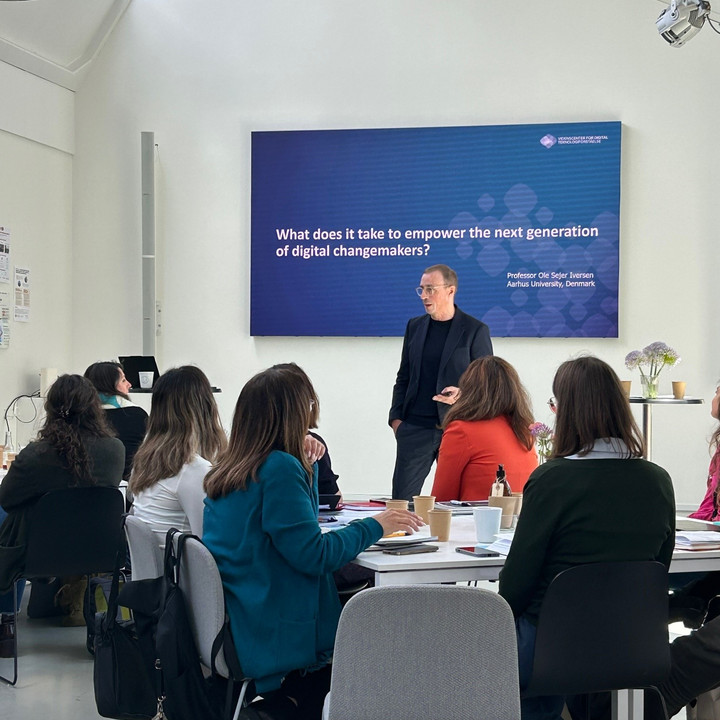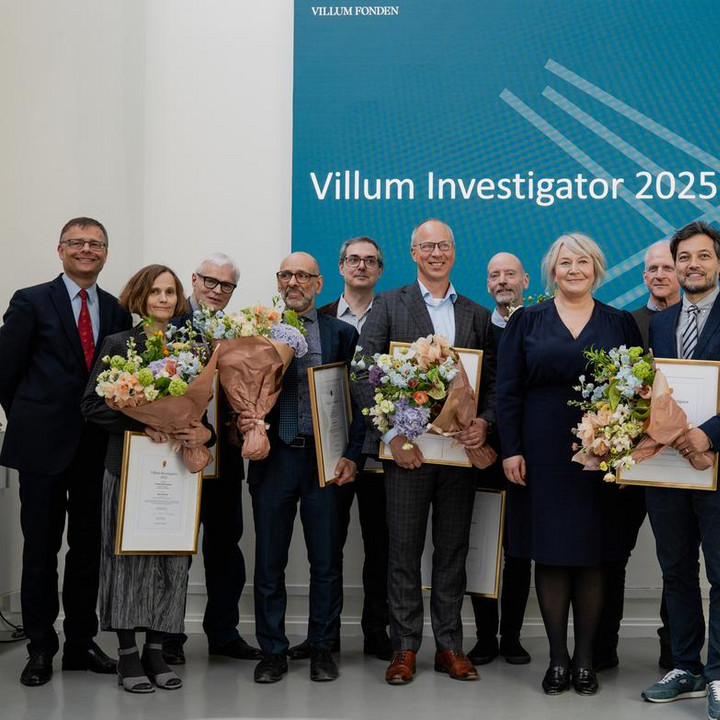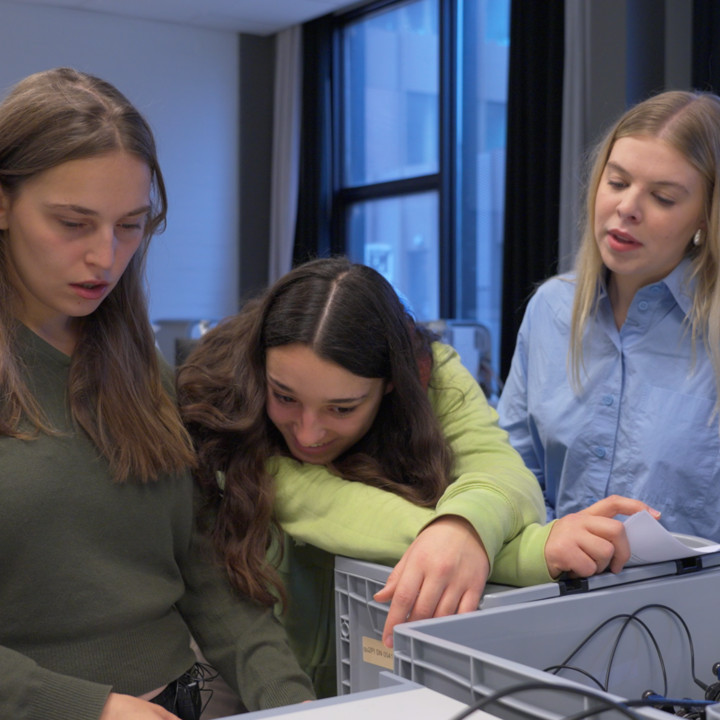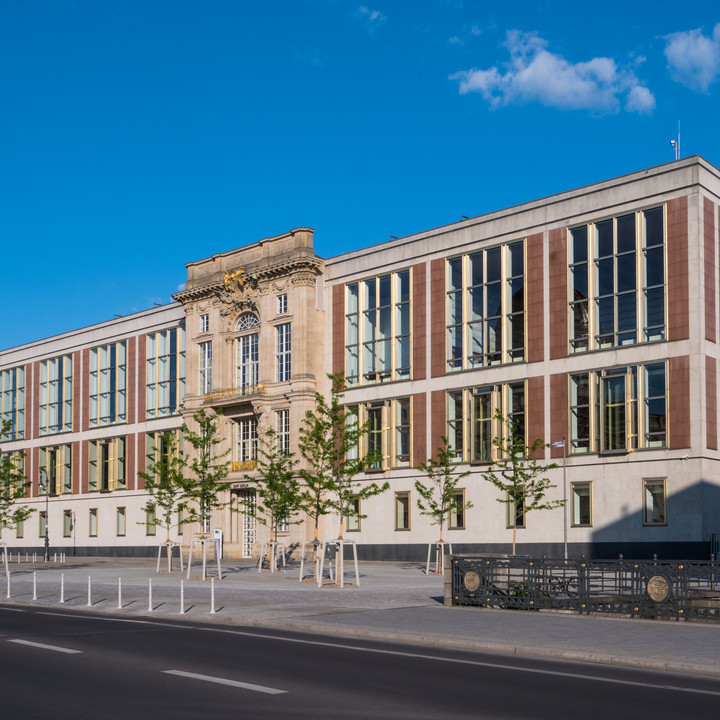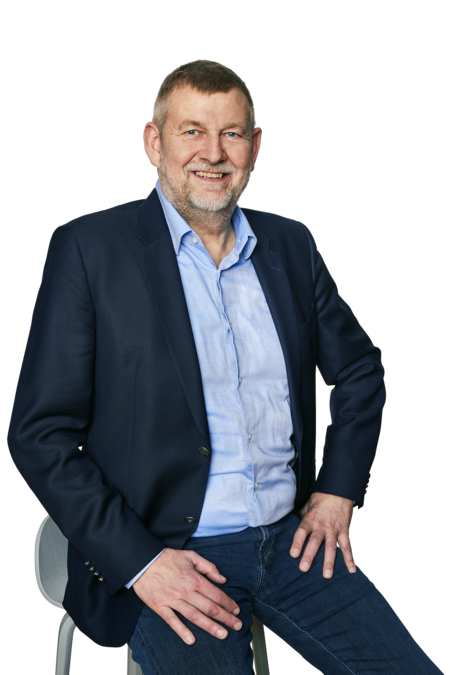21 Villum Young Investigators receive funding to start research groups

23 January 2019
This year’s crop of highly talented early career academics selected to be Villum Young Investigators will receive a total of DKK 205 million from VILLUM FONDEN.
Each year, VILLUM FONDEN provides funding to aspiring researchers seeking to carry out the type of research that will allow them to make a name for themselves.
This year, 21 researchers from the University of Copenhagen, the Technical University of Denmark, the University of Southern Denmark and Aarhus University will receive grants of between DKK 7 million and DKK 10 million as part of their acceptance into the Villum Young Investigators Programme.
Established in 2012, the Villum Young Investigator Programme has made a total of DKK 1 billion in grants to 150 talented early career scientists.
“Our strategy is based on the basic belief that inspired scientists carry out inspiring research. By finding and funding the most talented young scientists, the Villum Young Investigators Programme aims to support their work and make it possible for them to set up the research groups that will allow them to make a significant contribution to the advancement of science and technology,” says Thomas Bjørnholm, Executive Chief Scientific Officer, VILLUM FONDEN.
Amongst the topics being studied by the new Villum Young Investigators are quantum information sharing, rainforest biodiversity, the microscopic structure of food, cosmic dust and environmentally friendly composites.
- Jan Frahm, Associate Professor, Department of Mathematics, 'Symmetry Breaking in Mathematics', DKK 10m
- Wolf Eiserhardt, Associate Professor, Department of Bioscience, 'Explaining the biological hyper-diversity of tropical rainforests using the Tree of Life', DKK 10m
- Andreas Laustsen, Associate Professor, DTU Bioengineering, 'Paving the way for novel snakebite antivenoms based on human antibodies', DKK 10 m
- Cornelia Jaspers, Postdoc, DTU Aqua, 'Gelatinous zooplankton: Overlooked player in marine food webs, favoured under global change?', DKK 10 m
- Mehdi Mehrali, Postdoc, DTU Nanotech, '3D Printable Green Concrete: not only green but also intelligent!', DKK 10 m
- Yunhong Ding, Associate Professor, DTU Photonics, 'Silicon-Lithium Niobate Hybrid Integrated Quantum Photonics (QUANPIC)', DKK 10 m
- Adnan Halim, Associate Professor, Department of Cellular and Molecular Medicine, 'Exploring a novel type of protein glycosylation on cell-surface adhesion molecules and receptors', DKK 10 m
- Albert H. Werner, Postdoc, Department of Mathematics, 'Exotic Phases in Interacting Quantum Many-Body Systems: Disorder and Topological Characterization', DKK 10 m
- Christa Gall, Associate Professor, Niels Bohr Institute, 'Searching for the Known Unknowns: Lightening up the Dusty Universe', DKK 9.8 m
- Fernando Racimo, Assistant Professor, Natural History Museum of Denmark, 'Paleo-Phenomics: tracing complex trait co-evolution in ancient humans and dogs', DKK 9 m
- Karina Krarup Sand, Associate Professor, Department of Chemistry, 'Distribution of antibiotic resistance genes in the environment: The role of mineral facilitated horizontal gene transfer', DKK 9.9 m
- Matthias Oliver Wilhelm, Postdoc, Niels Bohr Institute, 'Thermodynamics of Strongly Coupled Quantum Field Theories', DKK 9.6 m
- Martin Gustavsson, Postdoc, Department of Biomedical Sciences, 'Allosteric control of G protein – coupled receptors', DKK 9.7 m
- Martin Schiller, Associate Professor, Natural History Museum of Denmark, 'Deciphering the role of mass transport processes in creating a habitable planetary system', DKK 7.5 m
- Michele Burrello, Assistant Professor, Niels Bohr Institute, 'Architectures for non-Abelian anyons', DKK 10 m
- Tonni Andersen, Postdoc, Department of Plant and Environmental Sciences, 'Passage cells – novel players in plant nutrient homeostasis and interaction with the environment', DKK 10 m
- You Zhou, Postdoc, Niels Bohr Institute, 'Creating a smallest droplet of early Universe in the laboratory', DKK 10 m
- Beate Kraft, Postdoc, Department of Biology, 'A newly discovered microbial oxygen production pathway: Physiology and environmental significance', DKK 10 m
- Kedar Nath Natarajan, Assistant Professor, Department of Biochemistry and Molecular Biology, 'Cracking the cell cycle code: The journey from a single-cell to an organism', DKK 9.9 m
- Lasse Jakobsen, Assistant Professor, Department of Biology, 'Acoustic flight control: Active information filtering in echolocating bats', DKK 9.2 m
- Mathias Clausen, Associate Professor, Department of Chemical Engineering, Biotechnology and Environmental Technology, 'Microscopic investigation of food during culinary preparations', DKK 9.9 m
VILLUM FONDEN received 214 applications to the programme this year. The 21 applicants who made the cut were all selected after going through a process that involved a peer review, an interview with the foundation’s committee and, finally, approval by the foundation’s board.
- Professor Dorte Juul Jensen, DTU MECHANICAL ENGINEERING, Technical University of Denmark (Chair)
- Professor Bart de Moor, Department of Electrical Engineering, Katholieke Universiteit Leuven
- Professor Charlotte Fløe Kristjansen, Niels Bohr Institute, University of Copenhagen
- Professor Owen Lewis, Brasenose College, University of Oxford
- Professor Susanne Mandrup, Department of Biochemistry and Molecular Biology, University of Southern Denmark
- Professor Helmut Bölcskei, Department of Information Technology and Electrical Engineering and Department of Mathematics, ETH
- Professor Jenny Emnéus, DTU NANOTECH, Technical University of Denmark
- Professor Bo Elberling, Department of Geosciences and Natural Resource Management, University of Copenhagen
- Professor Duncan Sutherland, Interdisciplinary Nanoscience Center, Aarhus University
The Villum Young Investigator Programme and its funding for research is one of the tools VILLUM FONDEN uses to help Danish universities attract talented scientists from abroad.
This year’s Villum Young Investigators include individuals from around the world.
“As a philanthropic foundation, it is our ambition and our privilege to work closely with universities in their efforts to establish, develop and maintain an international research environment in Denmark,” Bjørnholm says.
Joining a communityAll Villum Young Investigators can join a community of like-minded and attend in 1-2 seminars each year on topics like e.g. recruitment, research management, etc.
The young, the experienced and the unorthodox idea
VILLUM FONDEN supports research within the technical and natural sciences.
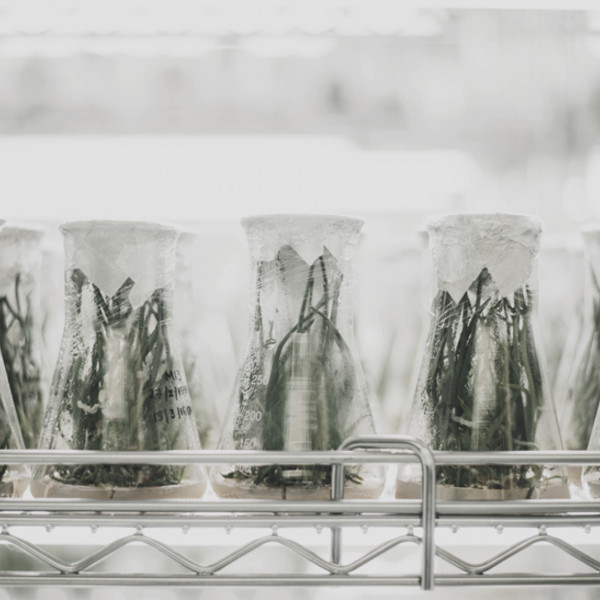
Award ceremony – 23 January
This year’s Villum Young Investigators were presented on 23 January 2019 at the Royal Library in Copenhagen, in connection with the award ceremony for the Villum Kann Rasmussen Annual Award in Science and Technology.
